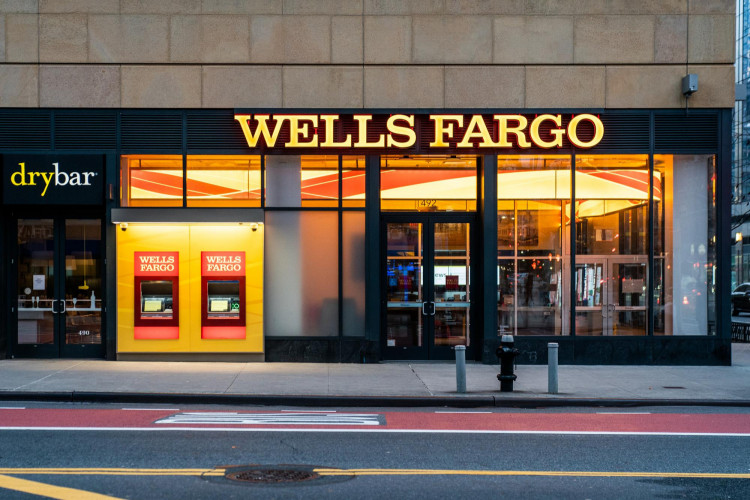America's largest retail banks, including JPMorgan Chase, Wells Fargo, and Bank of America, have reported a collective decrease in overdraft fee revenues by 25% last year, summing up to $2.2 billion, according to CNBC. This reduction, amounting to approximately $700 million less than the previous year, comes amidst regulatory pressures and a growing demand for more consumer-friendly banking practices. The trend reflects a broader movement within the financial sector to reevaluate the traditional overdraft fee model, which has long been criticized for burdening financially struggling Americans.
Overdraft fees, typically around $35 per transaction, are incurred when customers' spending exceeds their account balances. These fees have historically been a significant revenue source for banks, with the industry amassing $280 billion since 2000, as per the Consumer Financial Protection Bureau (CFPB). However, this practice has come under scrutiny, with figures like President Biden and Sen. Elizabeth Warren highlighting the punitive nature of such fees on consumers.
The recent proposal by the CFPB to cap overdraft charges to as low as $3 per transaction marks a pivotal moment in this ongoing debate. Banks defend overdraft services as essential, arguing they provide a critical safety net for consumers, helping them avoid alternatives like payday loans. Critics, however, view these fees as exploitative, disproportionately affecting those in financial distress.
The decline in overdraft revenue predates regulatory interventions, with the onset of the COVID-19 pandemic and subsequent stimulus measures contributing to fewer overdraft occurrences. Moreover, some banks, including Capital One, Citigroup, and Ally, have voluntarily ceased overdraft fees altogether. Others, like JPMorgan, have instituted measures such as limiting the transactions that trigger overdraft penalties, eliminating bounced check fees, and introducing grace periods and transaction buffers to mitigate fee occurrences.
Bank of America notably reduced its overdraft fees from $35 to $10 in 2022, reflecting a significant shift towards more lenient fee structures. Jennifer Tescher, CEO of the Financial Health Network, acknowledges these changes, noting that banks are actively seeking alternatives to overdraft fees that still address customers' liquidity needs without imposing undue financial strain.
Data from the CFPB indicates that industry-wide overdraft revenue stood at $7.7 billion in 2022, marking a 35% decrease from 2019 levels. This downward trend continued into last year, with JPMorgan and Wells Fargo experiencing declines in overdraft revenue of 12% and 27%, respectively, while Bank of America saw a 64% reduction.
In response to these changes, a JPMorgan spokesperson emphasized the ongoing demand for overdraft protection among consumers, highlighting the bank's efforts to provide this service in a manner that accommodates temporary financial shortfalls without incurring fees. Both Wells Fargo and Bank of America declined to comment further on the issue.






